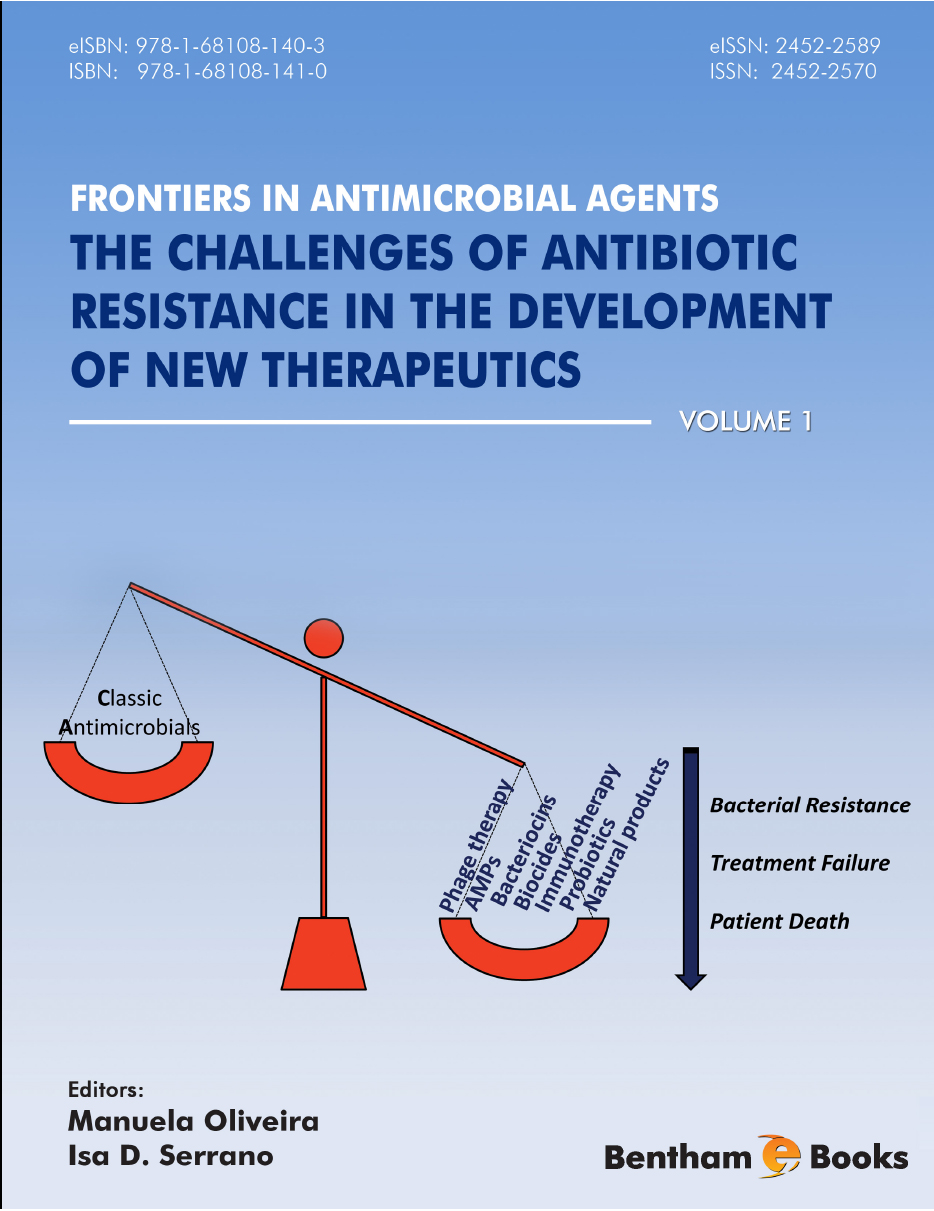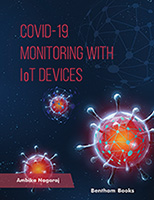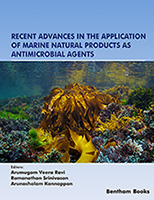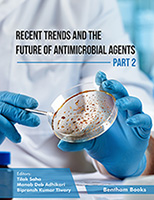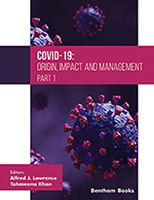Preface
This eBook was conceived after an invitation by the Bentham Science Publishers due to the
necessity to review the alternative approaches to the classic antibiotic therapies, and to
disperse the shadows over the use of these innovative medicines.
The prevalence of drug-resistant microorganisms has increased worldwide. However, in the
last years, few novel entities to fight drug resistant microorganisms have entered the clinic.
The antibacterial pipeline is scarce because of the costs associated with the clinical trials and
licensing of the antibiotics. Therefore, the quest for alternatives to the classic antimicrobial
therapeutics that are effective against drug resistant microorganisms is a timely and very
important issue in modern medicine.
The development of novel entities to control the dissemination of drug resistant
microorganisms would decrease the morbidity and mortality caused by these disease causing
agents, and consequently the economic burden associated with health treatments. Some of
these drugs are considered extremely valuable in the nearly future due to their low toxicity,
capacity for large scale production, and most importantly their low probability to generate
resistance. However, the fear associated to the use of innovative medicines such as phage
therapy must be overcome. It will take time to bring phage therapy and other approaches to
practice with safety, and to change mentalities of clinicians and the general public. The
implementation of such innovative medicines will lead to a decrease in the antimicrobial
resistance and related failure treatments. This progress will require contribution of different
levels of interdisciplinary knowledge: from researchers to public health entities, from
producers to consumers, including politicians.
This eBook aims to contribute to an integrated understanding concerning innovative
alternatives to the classical antimicrobial therapeutics. It is based on cutting edge research and
the outcome will shed light on the most appropriate approach to control the dissemination of
drug resistant microorganisms. It gathers a wide range of topics on the subject and includes
several chapters with original material. Authors and co-authors represent a multidisciplinary
team that includes scientists and professors with a vast experience in the area, from different
universities and research institutions. It is an attempt to encourage the implementation of
alternative approaches to the classic antimicrobial therapeutics in human and veterinary health
programmes.
The eBook is organized in nine chapters: the general introduction is followed by a review
devoted to Phage Therapy, Antimicrobial Peptides (AMPs), Probiotics, Immunotherapy,
Natural Compounds, Bacteriocins, Biocides, and lastly to the Novel Therapeutic Strategies in Veterinary Medicine.
Finally, we would like to thank all authors that have enthusiastically contributed to this
eBook, and all people that somehow helped us to bring it to daylight, including our family,
friends, colleagues and students.
Manuela Oliveira & Isa Serrano
Centro de Investigação Interdisciplinar em Sanidade Animal
Faculdade de Medicina Veterinária, Universidade de Lisboa
Avenida da Universidade Técnica, 1300-477 Lisboa
Portugal

